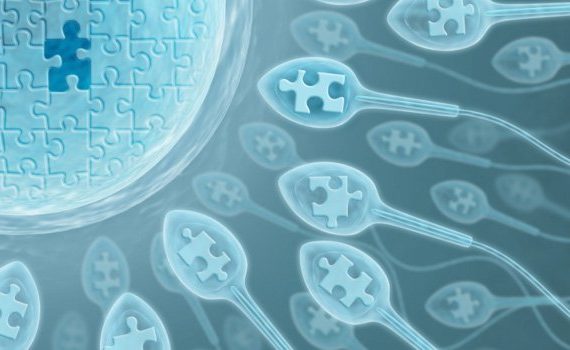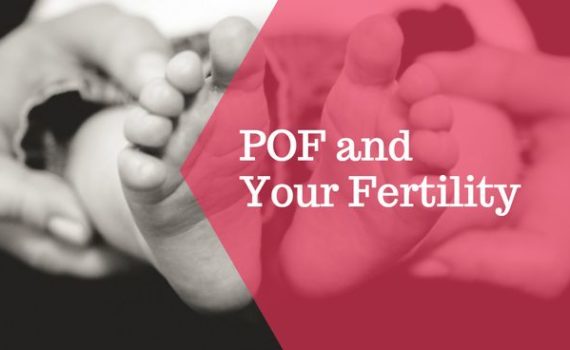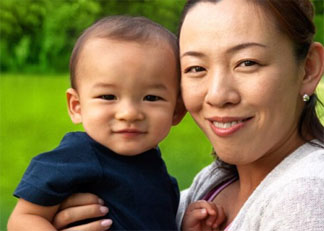A New Life Begins with IVF Treatment Nepal
Category : Uncategorized
IVF in Nepal is a procedure which involves the fertilization of eggs outside the women body and this can be performed by using your own eggs and sperms or donor egg and sperms or can be done by using both. After the collection of eggs and sperms, they kept in the laboratory for development. Once the embryo reaches its blastocyst stage which is day 5 then it will transfer into your womb in order to achieve the successful pregnancy.
The fertility expert in Nepal offers the affordable IVF Treatment Nepal by using the latest and modern technology which can increase your chances of pregnancy, however, before you begin your IVF Treatment Nepal, you and your partner need to complete and sign the various consent forms. Your fertility expert will advise you and your partner for some blood test to screen for HIV, hepatitis B, hepatitis C, ultrasound etc. before your IVF Treatment Nepal begins.
To whom IVF Treatment Nepal recommended
The IVF Treatment Nepal recommended to the couples with the following conditions:
- Blocked fallopian tubes
- Failed ovaries
- Diagnosed with unexplained infertility
- Repeated history of miscarriages
- Other techniques such as fertility drugs or intrauterine insemination (IUI) have not been successful.
- Male partner infertility
- Any previous history of genetic disorder
Procedure of IVF in Nepal
The IVF in Nepal procedure consists of the following stages:
- a) Suppression of Monthly cycle: This is the first step of IVF in Nepal where your fertility expert will suppress your natural monthly cycle by giving you the medication for about two weeks and you can do this at your home by taking the medicines in the form of injections as well.
- b) Boost the egg supply: This is the step where your fertility expert will give you the gonadotropin injection for about 12 days to increase the number of eggs you produced.
- c) Monitoring progress: By using the ultrasound your fertility expert will regularly keep a check on the progress of the developing eggs throughout the process. Your fertility expert will give you the human chorionic gonadotropin injection which matures your eggs between 34 and 38 hours before the collection of your eggs.
- d) Egg collection: The eggs will be collected by using the hollow needle followed by ultrasound guidance and after that your fertility expert will advise you to take proper rest. You may feel some discomfort after your eggs are collected. Your fertility expert will give you some medicines to relief the pain.
- e) Egg fertilization: The next step of IVF in Nepal after the egg collection is the egg fertilization where your eggs are fertilized with your partner’s sperm or donor sperm. The fertilized egg then will grow in the laboratory for up to six days. Once the embryo grows your embryologist will choose the best embryo to transfer in your womb.
- f) Embryo transfer: The last and the final step of IVF in Nepal is the embryo transfer where your embryologist will transfer the best chosen one or two embryos into your womb to achieve the successful pregnancy. Due to the defect of multiple births the transfer of the embryos is restricted to one or two only.
After the procedure completed your fertility expert will advise you to take rest and after two weeks of embryo transfer, they will conduct a pregnancy test. If successful pregnancy establishes then it will work as normal or if not then you need to repeat the cycle again.




















